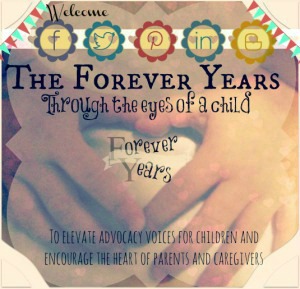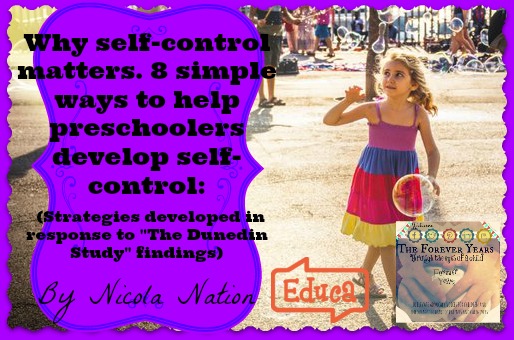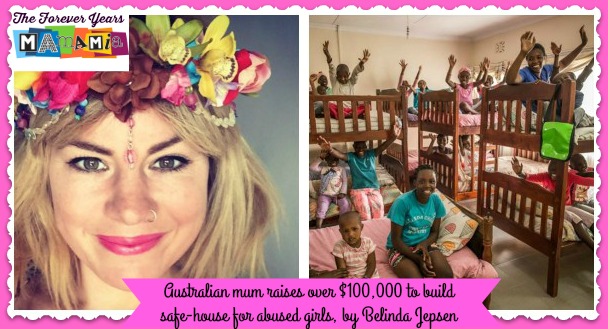
Continuing our series of articles on findings discovered by the “Dunedin Longitudinal Study”…
Every generation identifies “bad habits” in their children which they believe should be “discouraged” because of the negative effects they may cause later in life. The Dunedin Longitudinal Study, which closely follows 1000 or so participants born in 1972-1973 in Dunedin New Zealand, has identified a number of these “habits” and then gone on to observe how far these do in fact effect people’s lives once they are adults. The following is a summary of some of the study’s findings.
Cesarian Birth No lasting effects. Zero psychological significance.
 Being left handed No lasting effects… unless forced to write with right hand, which can cause frustration and therefore delay learning.
Being left handed No lasting effects… unless forced to write with right hand, which can cause frustration and therefore delay learning.
Bed wetting No lasting effects. Zero psychological significance, although other issues may be linked to this if it continues much after age 8 years. Otherwise is a passing phase.
Age of Toilet Training Not relevant to future psychological well-being, although other issues may be linked if toilet training has not occured by 5-6 years.
 Thumb Sucking A security/ self-nurturing response. No other particular reason identified. Usually a passing phase, few “thumb suckers” continue to do this into adulthood. Has debatable impact on teeth… “if you don’t stop sucking your thumb, we’ll have to get braces on your teeth.” Orthadontal need tends to be based on genetic predisposition to a particular jaw shape or “bucked teeth” going into adolescence, rather than being related to “thumb sucking”.
Thumb Sucking A security/ self-nurturing response. No other particular reason identified. Usually a passing phase, few “thumb suckers” continue to do this into adulthood. Has debatable impact on teeth… “if you don’t stop sucking your thumb, we’ll have to get braces on your teeth.” Orthadontal need tends to be based on genetic predisposition to a particular jaw shape or “bucked teeth” going into adolescence, rather than being related to “thumb sucking”.
 Amount of Sleep during Childhood The Dunedin Study measured the amount of sleep per night in participants when they were aged between 5 and 11 years old. It was discovered that there was a direct correlation between the hours of sleep a child had at these ages and their body weight as an adult. Those who had the least sleep as children tended to become the most over weight adults. The reason for this is that sleep influences hormones which effect how hungry you become and when you feel full. Toddlers who slept less also tended to have problems with cognitive functioning during adolescence and anxiety issues during their 20s.
Amount of Sleep during Childhood The Dunedin Study measured the amount of sleep per night in participants when they were aged between 5 and 11 years old. It was discovered that there was a direct correlation between the hours of sleep a child had at these ages and their body weight as an adult. Those who had the least sleep as children tended to become the most over weight adults. The reason for this is that sleep influences hormones which effect how hungry you become and when you feel full. Toddlers who slept less also tended to have problems with cognitive functioning during adolescence and anxiety issues during their 20s.
 TV Watching/ Screen Time The Dunedin Study also measured how many hours of TV children watched. This also translates into general “screen time”. This was the generation who began having personal computers and computer games in their home during the 1980s, when such brands as ZX81 and Commodore 64 became available and games such as “Pac Man” and “Space Invaders” were the rage. Even those who did not have computers at home frequently had access to them via schools or to games in the “Video Arcades” which were popular in the 80s. As well as this, the invention of VHS meant that hours spent
TV Watching/ Screen Time The Dunedin Study also measured how many hours of TV children watched. This also translates into general “screen time”. This was the generation who began having personal computers and computer games in their home during the 1980s, when such brands as ZX81 and Commodore 64 became available and games such as “Pac Man” and “Space Invaders” were the rage. Even those who did not have computers at home frequently had access to them via schools or to games in the “Video Arcades” which were popular in the 80s. As well as this, the invention of VHS meant that hours spent  watching television increased dramatically… programmes could be taped and re-watched and the age of video rental shops had begun. The results are dramatic. The study showed that those who had more screen time were three times more likely to leave school early, regardless of their IQ or their family’s income. This may also be because excessive screen time has been linked to self control, a majorly important component in predicting future life trajectory, (which we will examine in greater detail in a later article) and which is the case regardless of intelligence.
watching television increased dramatically… programmes could be taped and re-watched and the age of video rental shops had begun. The results are dramatic. The study showed that those who had more screen time were three times more likely to leave school early, regardless of their IQ or their family’s income. This may also be because excessive screen time has been linked to self control, a majorly important component in predicting future life trajectory, (which we will examine in greater detail in a later article) and which is the case regardless of intelligence.
Conclusions drawn from this for those of us wishing to guide our children towards a more positive life trajectory? 1) Don’t be pushy about toilet training, most kids are toilet trained before they start school (boys tend to take a little longer than girls). 2) Don’t make a big deal of bed wetting or thumb sucking. 3) Don’t force a child who is left handed to use their right hand. 4) Ensure your child has adequate sleep and investigate any obvious sleep issues early 5) Limit screen time… discussing and creating a “contract” with your child about this can be good and also encourages a degree of self-regulation.
“…the thing which is special about The Dunedin Study is that we have measured multiple aspects of human health and development, so we get a complete picture of people’s lives.” —-Professor Richie Poulton, study director.
The comprehensive nature of The Dunedin Longitudinal Study as well as the high rate of retention of participants (only 35% of participants still live in Dunedin, but 95% remain in the study and return regularly to participate), gives weight to the findings listed above, as well as strategies for reducing negative outcomes and increasing the chances of a positive life trajectory, through early intervention, for the children of today.

 Preschoolers with good self-control have a better chance of growing up to become healthy, wealthy and crime-free. Here are 8 simple ways teachers can improve children’s self-control – and make classrooms more harmonious.
Preschoolers with good self-control have a better chance of growing up to become healthy, wealthy and crime-free. Here are 8 simple ways teachers can improve children’s self-control – and make classrooms more harmonious.















